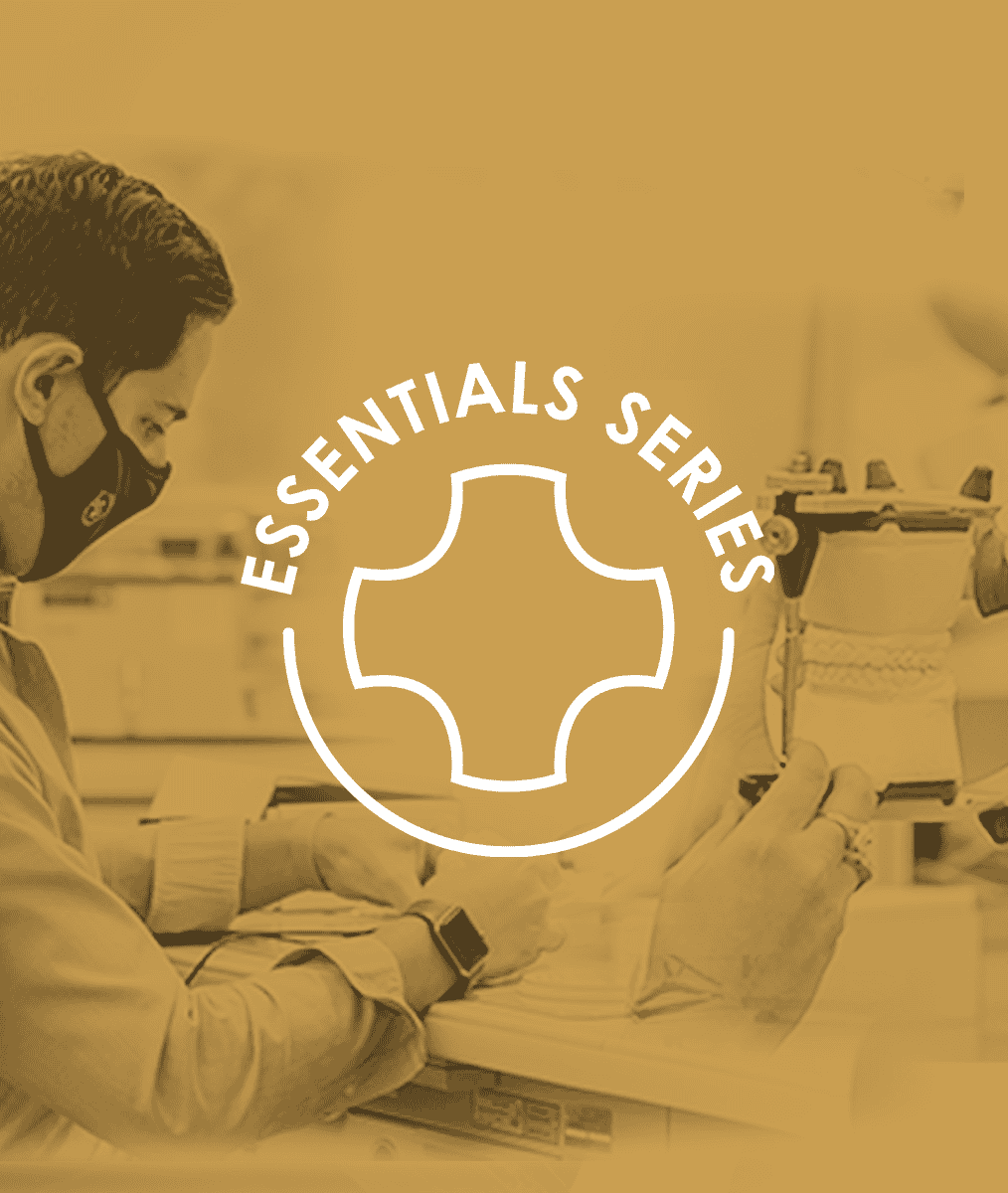
How to Show You Care
Our good intentions and true thoughts surrounding a difficult situation with a patient can get lost in the communication process. When we fail to meet patient expectations, we can almost become a different person.
Our patient interprets what we say and do as demonstrations of our character. This is why, if we want to resolve conflicts and make patients feel understood, we need to pay special attention to showing that we care.
How to Show You Care About Patient Concerns
There are many ways to show you care that can be beneficial on both sides. It also helps to take criticism not as a personal affront, but as an opportunity for improving our communication skills. It may seem counterintuitive, but the best way to soothe or diffuse heightened emotions is to let people experience them. Allow patients to fully express their upset, instead of trying to shoot them down or make light of the situation.
Then, truly embrace empathy. Don’t just listen and nod without truly empathizing with their upset. Let them know that you understand how hard the situation is for them. Next, acknowledge the challenge of revealing their true feelings by thanking them for their honesty and for telling you what they think.
And then there’s the hardest part: apologize. You don’t need to admit you’re guilty and beg their forgiveness. You simply need to express how sorry you are that they are experiencing upset. Also, don’t assume that you can guess how to fix the problem.
Ask your patient how they want to be helped and be honest about whether you can make it work. By patiently listening and acknowledging their feelings, you may have already given them exactly what they wanted.
How do you show your patients that you care? Let us know in the comments!
Related Course
E4: Posterior Reconstruction and Completing the Comprehensive Treatment Sequence
DATE: July 31 2025 @ 8:00 am - August 4 2025 @ 2:30 pmLocation: The Pankey Institute
CE HOURS: 44
Dentist Tuition: $ 7400
Single Occupancy with Ensuite Private Bath (per night): $ 345
The purpose of this course is to help you develop mastery with complex cases involving advanced restorative procedures, precise sequencing and interdisciplinary coordination. Building on the learning in Essentials Three…
Learn More>






